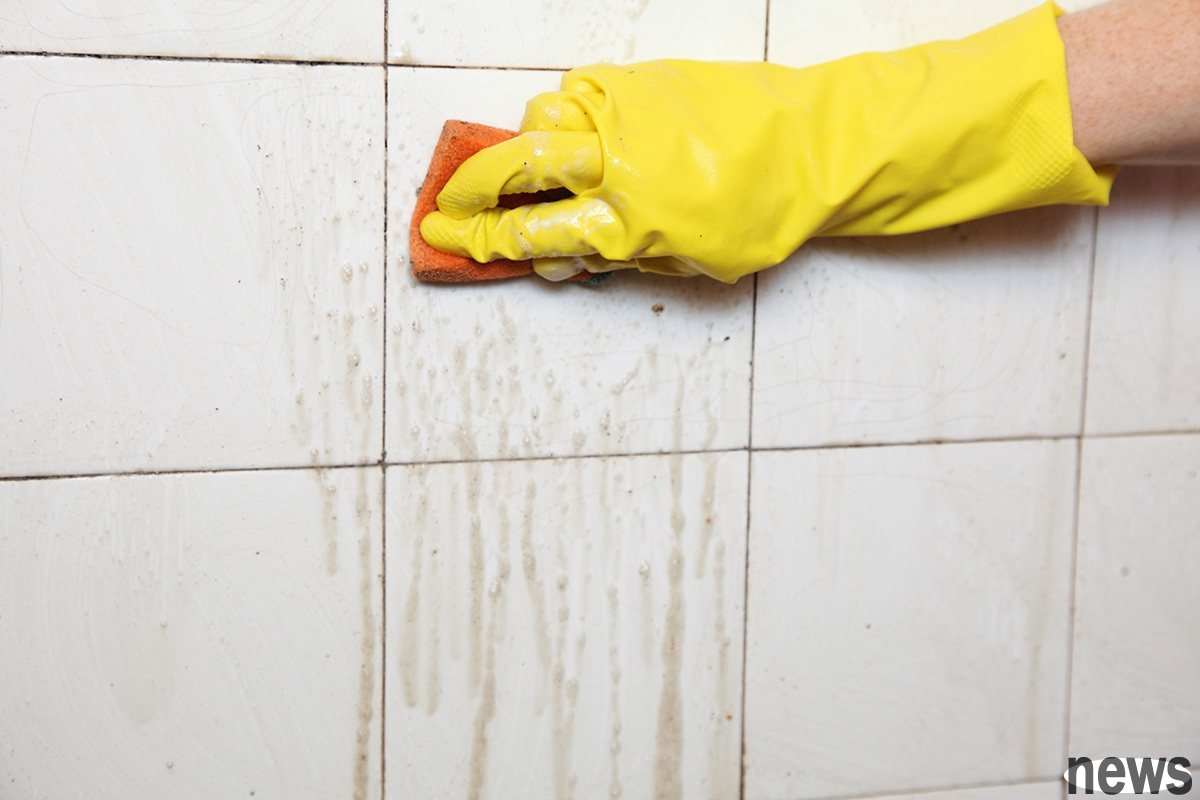
Many people spent a lot of money on porcelain tiles in the bathroom, but it was not long before they discovered that the cleaning of porcelain tiles was a challenge. First of all, due to the long-term dampness in the bathroom, porcelain tiles are prone to mold, but to remove these bacteria, strongly corrosive cleaning agents should not be used to avoid damaging the porcelain tiles.
Decoration design website Apartment Therapy reports that special bathroom cleaning agents are not charged, especially if they are cleaned at least once a week. The website visited the real estate agent to ask if they had other quick, effective and affordable solutions; it turned out that the white vinegar sold in a store near their home is the best food for cleaning the bathroom.
{9 It also effectively removes bacteria and is better than commercially available cleaners. This is because the acetic acid contained in white vinegar is a powerful compound that can dissolve mineral debris, dirt, oils and soils at a very fast speed. Because white vinegar does not contain dyes, it will not dirty the surface or leave traces; these problems will occur if dark vinegar is used.You can easily find a bottle of white vinegar in any supermarket or Amazon, Target Department Store, or Walma website. It is cheap and needs to be thin before use. One bottle can be used for a long time. To make a dilute white vinegar solution, mix half a cup of white vinegar with an equal amount of warm water and put it in a spray container, shake it and mix evenly, spray the solution on a bathroom porcelain brick or any moldy place, and then wipe it immediately with a moist mop or super-fine cloth to dry naturally.
If white vinegar is not used properly, it may be corrosive. 3 kinds of stones are not suitable.Carel reminds that when using white vinegar to clean the tiles, it should be noted that if used improperly, it may be corrosive, because white vinegar cannot be used on the surface of some tiles. He pointed out that white vinegar is a good natural sterilizer and is very effective as a porcelain tiles cleaner, but it will not spray on porcelain tiles of natural stones such as marble, garland or burrow. These softer stone surfaces are fragile and more voids, and the acidic substances in vinegar will affect and invade them with the carbonate in the stone; in this case, it is best to buy a special cleaner for these specific materials.
In addition, the smell of white vinegar is pungent. Carell offers some small doors that can reduce the smell of white vinegar: for example, adding essential oil to the solution, thoroughly rinsing the surface with clean water after use, using a fan or opening a window account.
